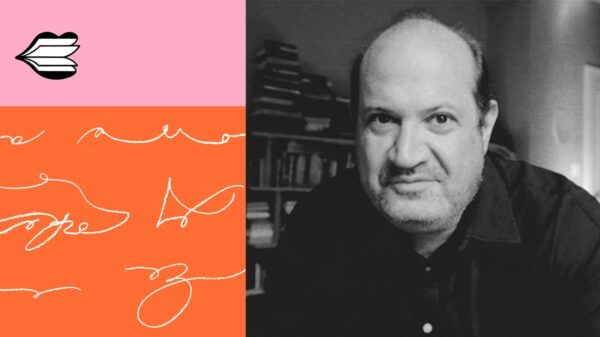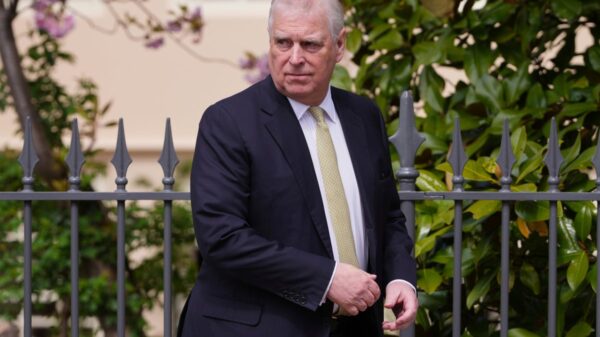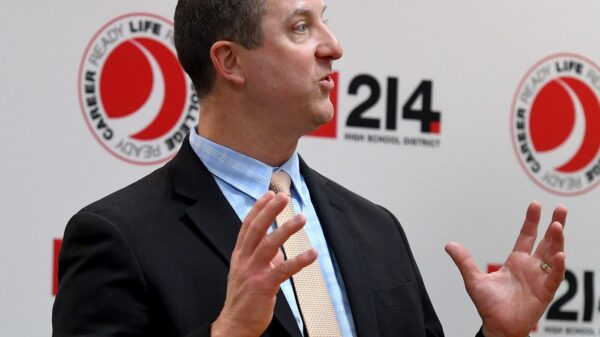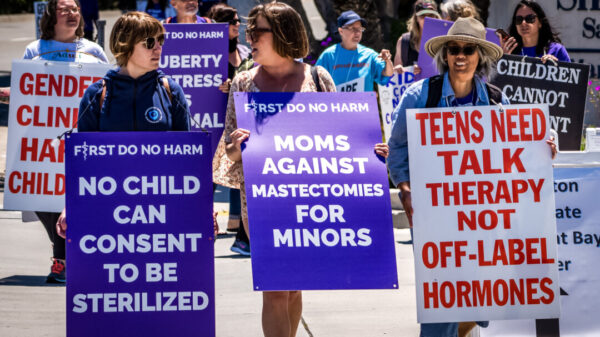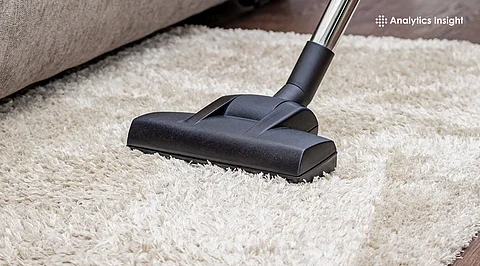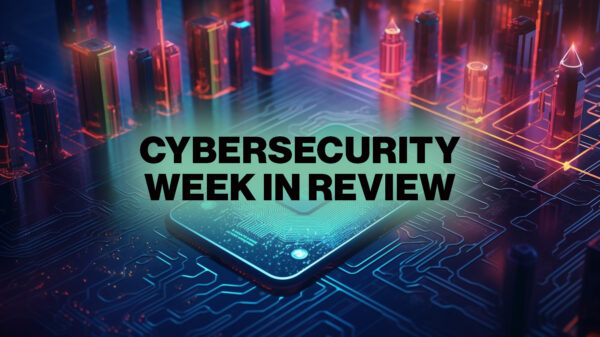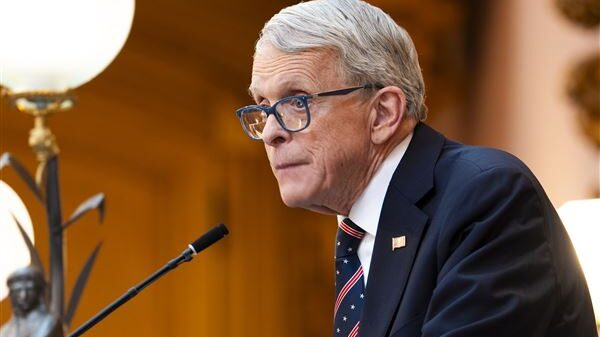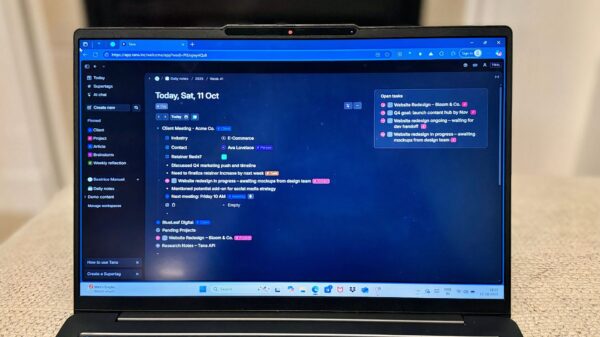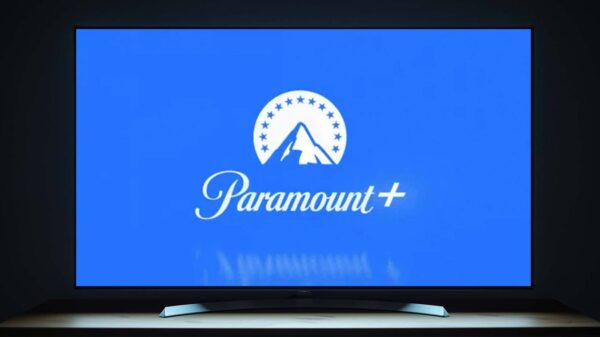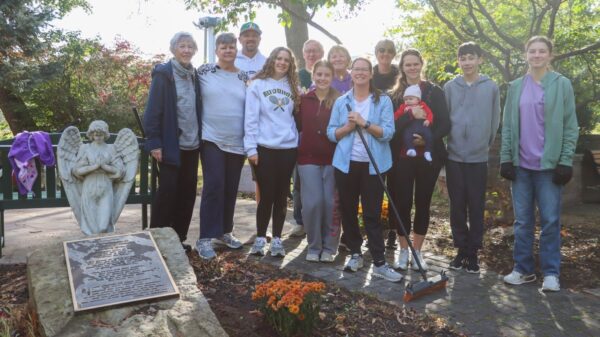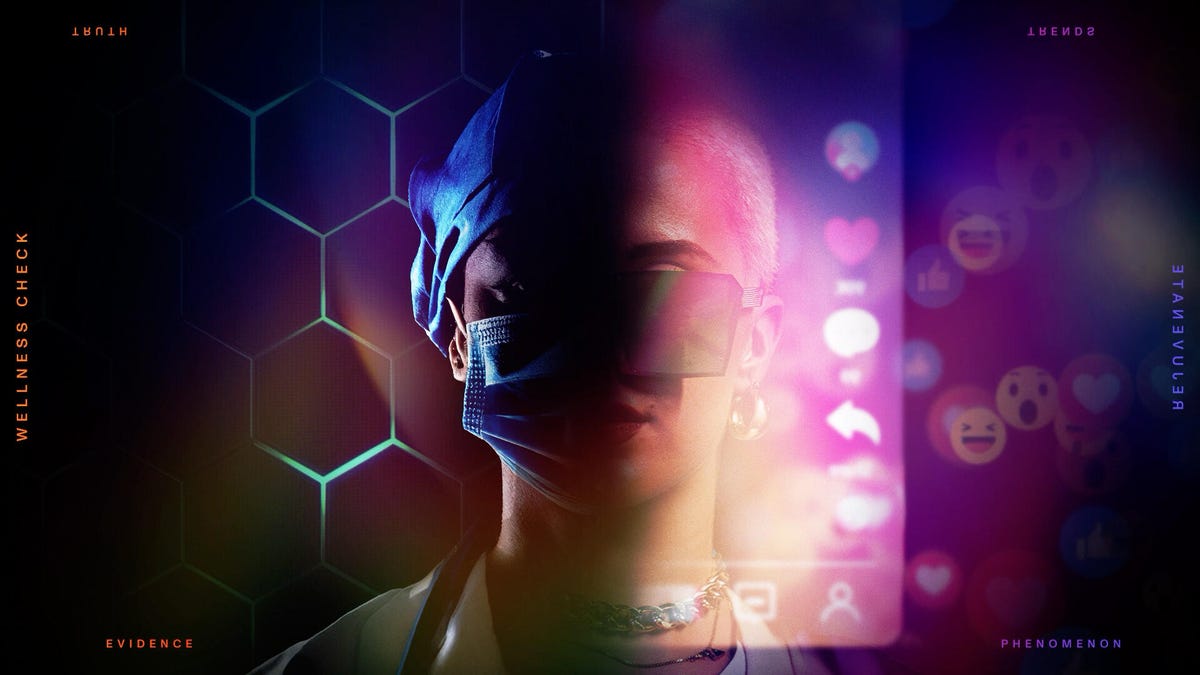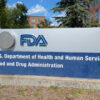URGENT UPDATE: A troubling new report reveals a significant decline in trust in health care, with over 100 million Americans struggling to access reliable primary care. As wellness influencers surge in popularity, their misinformation threatens to exacerbate the crisis.
According to a 2023 study by the National Association of Community Health Centers, barriers to primary care have nearly doubled since 2014, affecting approximately one-third of the U.S. population. The study highlights how factors such as physician shortages and low reimbursement rates are pushing patients toward questionable online wellness advice.
Dr. Mike Varshavski, known as “Doctor Mike,” emphasizes that many patients are left feeling abandoned by traditional health care systems. He states, “The administrative burden facing family medicine physicians is a significant issue,” as solo practices close and insurance companies reduce payments.
The Pew Research Center reports that trust in health professionals has declined sharply since the COVID-19 pandemic, with a 14% drop in confidence in scientists between April 2020 and Fall 2023. This decline has prompted many, particularly BIPOC communities and women, to seek answers from social media influencers, often leading to misinformation.
The allure of social media wellness content is undeniable. Platforms like TikTok, Instagram, and YouTube showcase influencers who promise easy solutions to complex health issues, creating a false sense of control over personal wellness. Dr. Garth Graham from YouTube Health notes, “People trust information from those they can relate to,” allowing influencers to thrive while qualified medical professionals struggle to maintain visibility.
Dr. Stephanie Alice Baker warns, “Trust in institutionalized expertise has been in decline in the U.S. since the 1950s,” citing decades of scandals within pharmaceutical and food industries that have fueled public skepticism.
With 55% of adults using social media for health advice, misinformation is spreading like wildfire. A recent study from the University of Sydney indicates that around 70% of health-related posts on Instagram and TikTok lack scientific backing, many driven by creators with financial motives.
The consequences of this misinformation can be dire. Influencers often promote unproven tests and therapies, leading individuals to make harmful health decisions. For instance, a study found that 58% of young adults regretted health choices influenced by social media misinformation.
In an age where trust in medical institutions is waning, the urgency to combat health misinformation is paramount. Fides, a network initiated by the World Health Organization, aims to counteract false narratives by promoting evidence-based health information through credible influencers.
As the health care landscape evolves, patients must navigate a complex web of information. It’s essential that individuals critically evaluate the sources of their health information and seek trusted medical advice whenever possible. The fight against misinformation is ongoing, and the stakes have never been higher.
Stay informed as this story develops, and consider the implications of where you seek your health advice. Your health—and your life—may depend on it.

